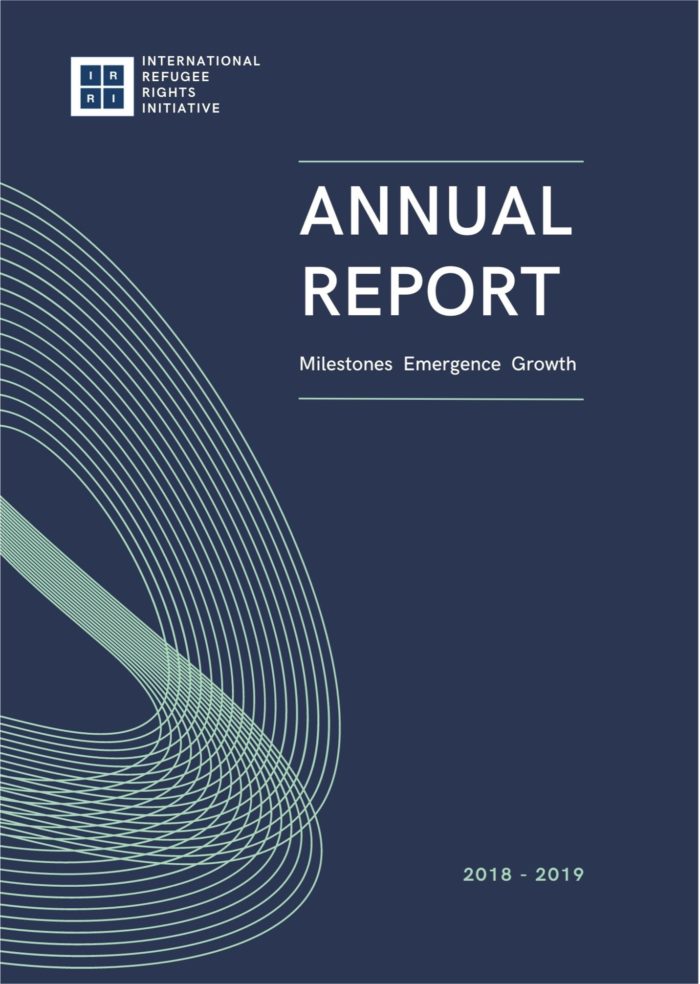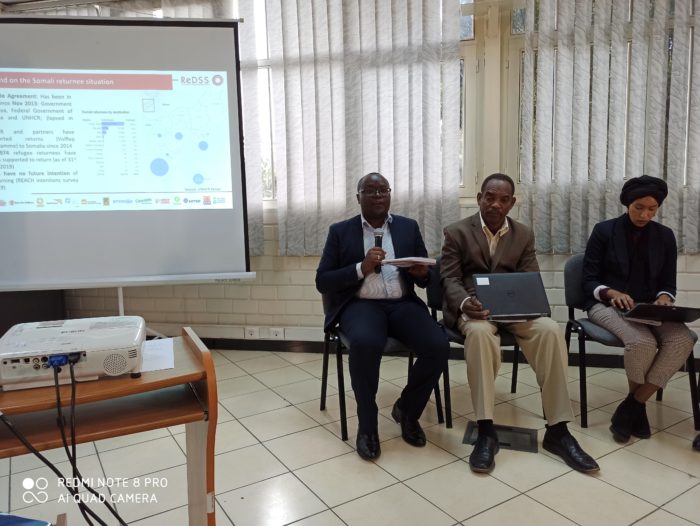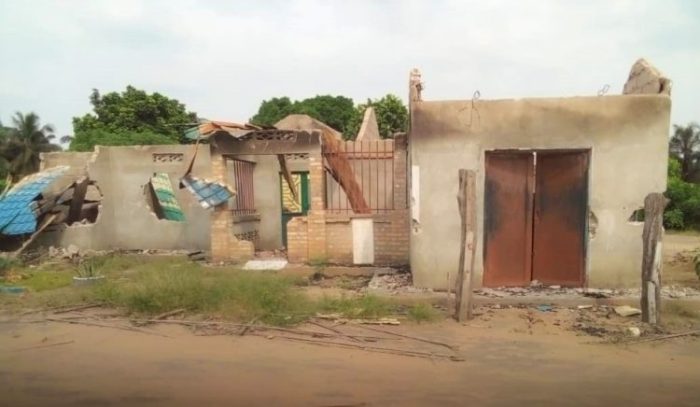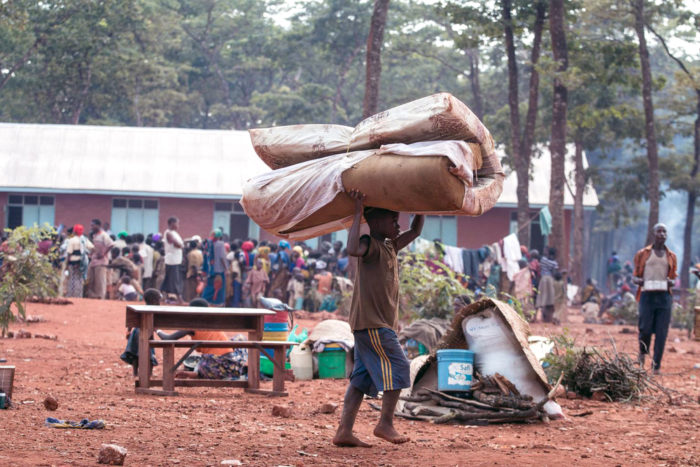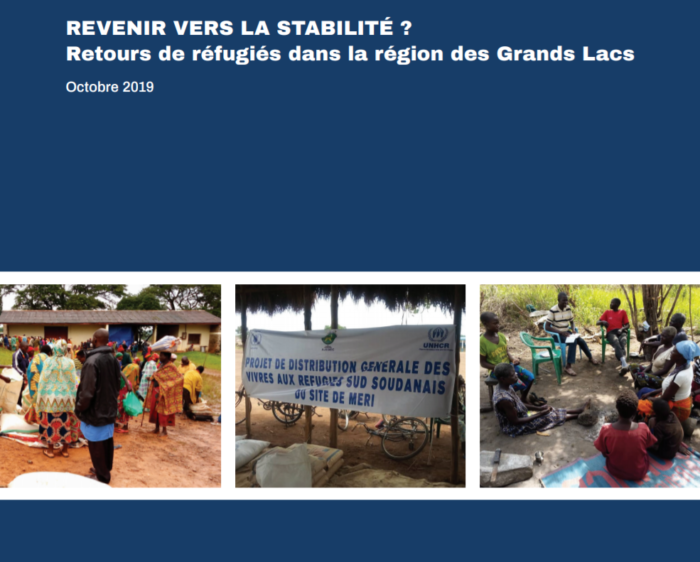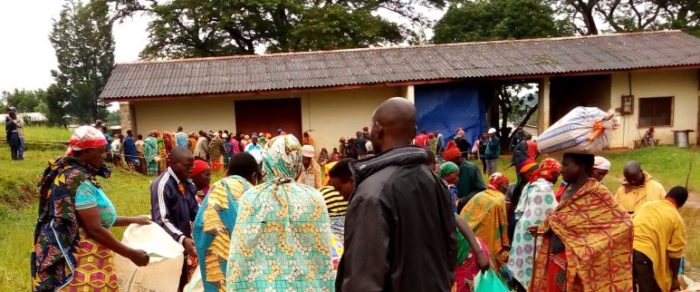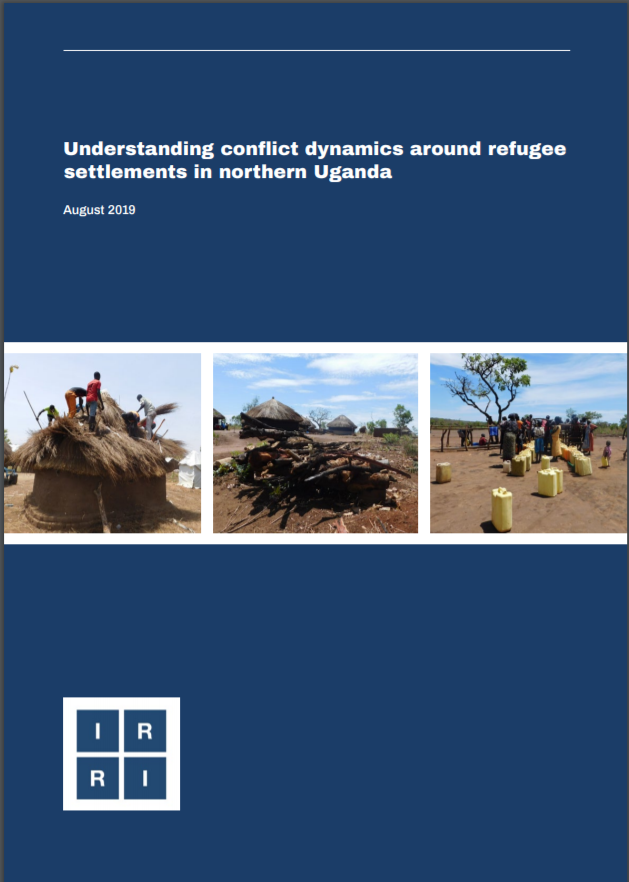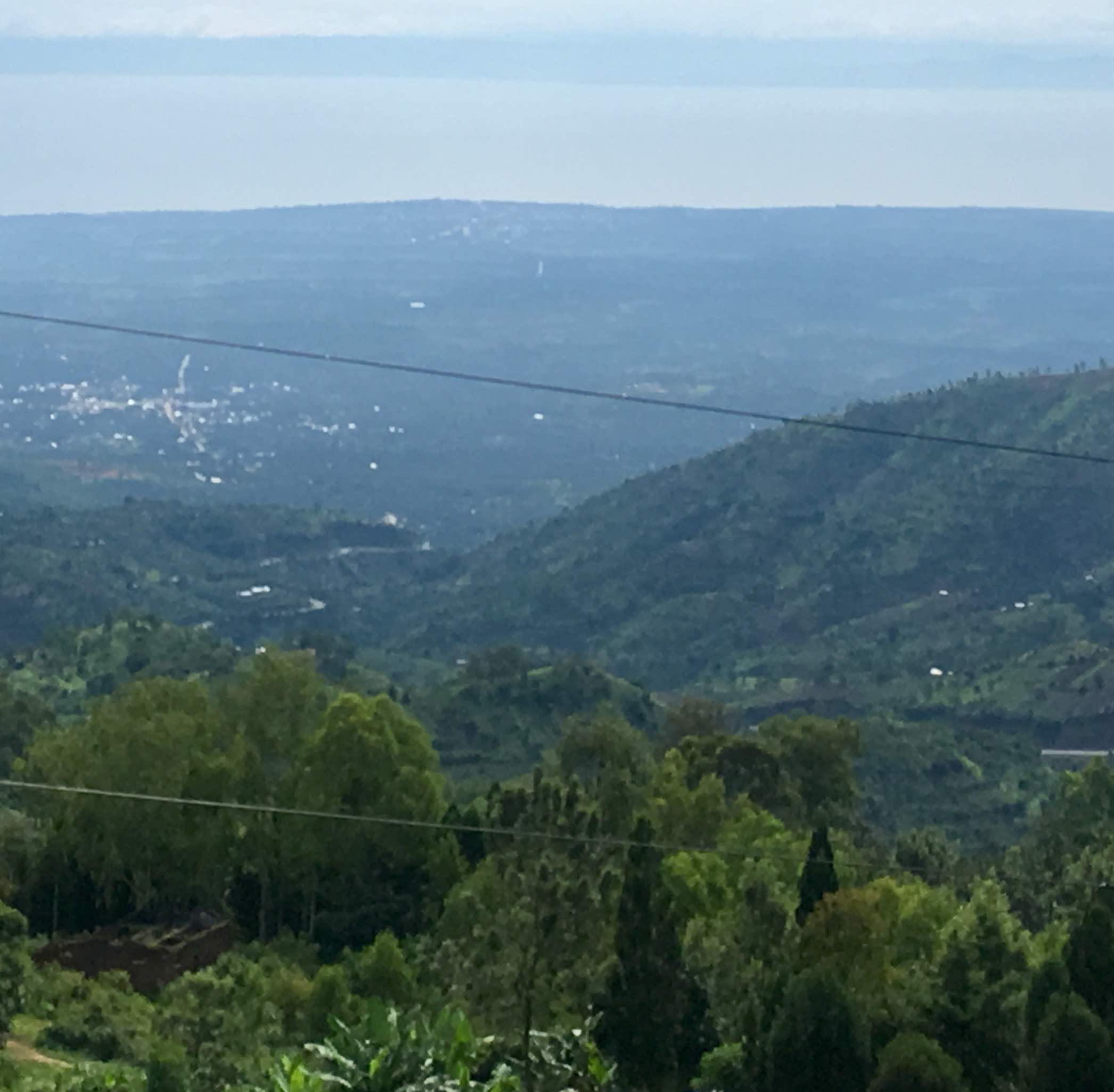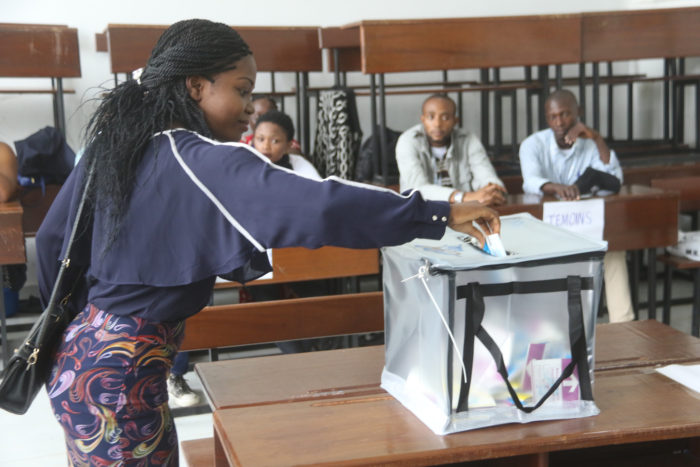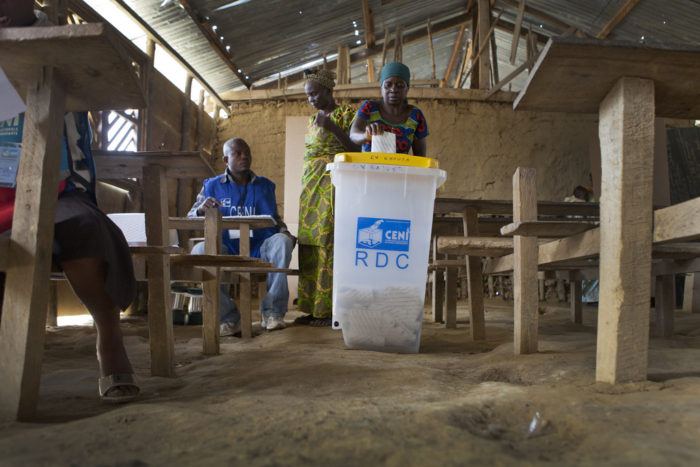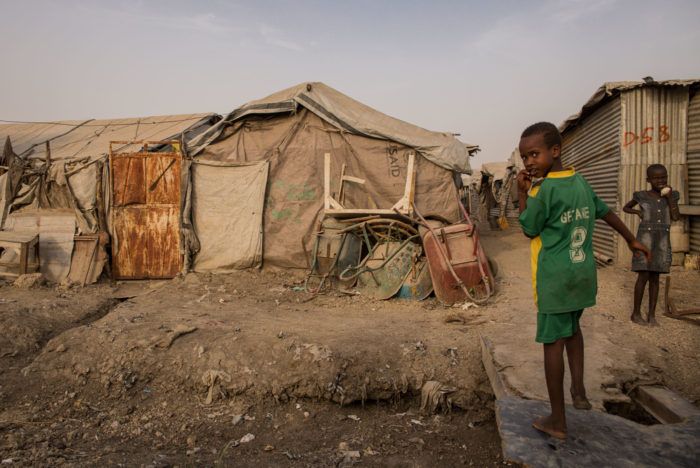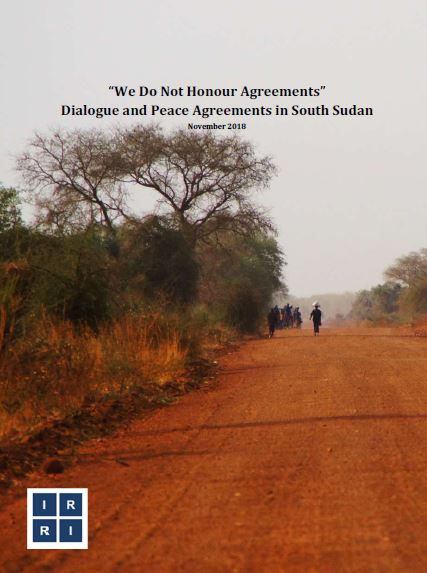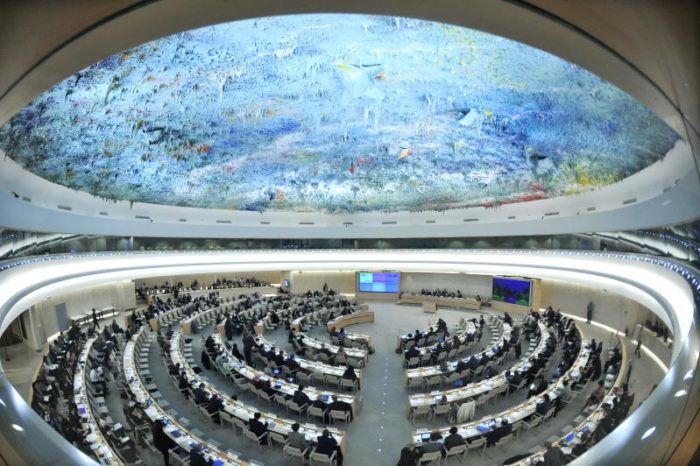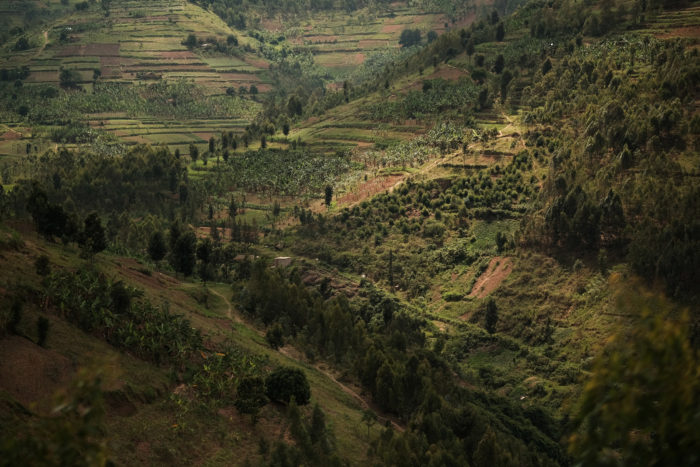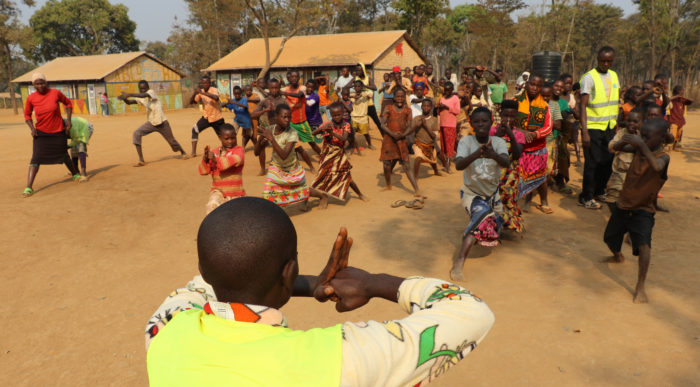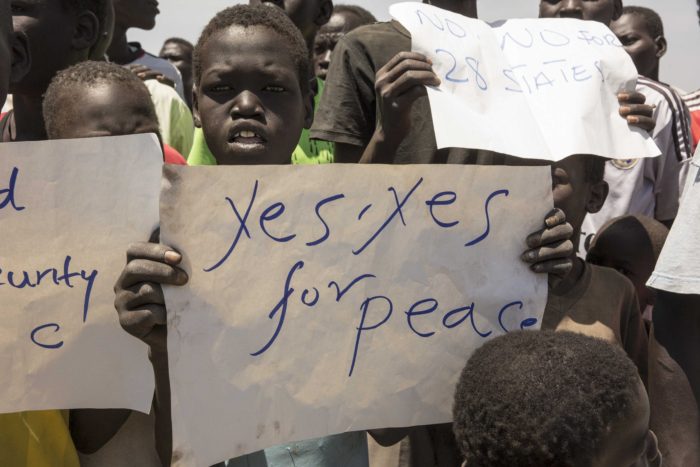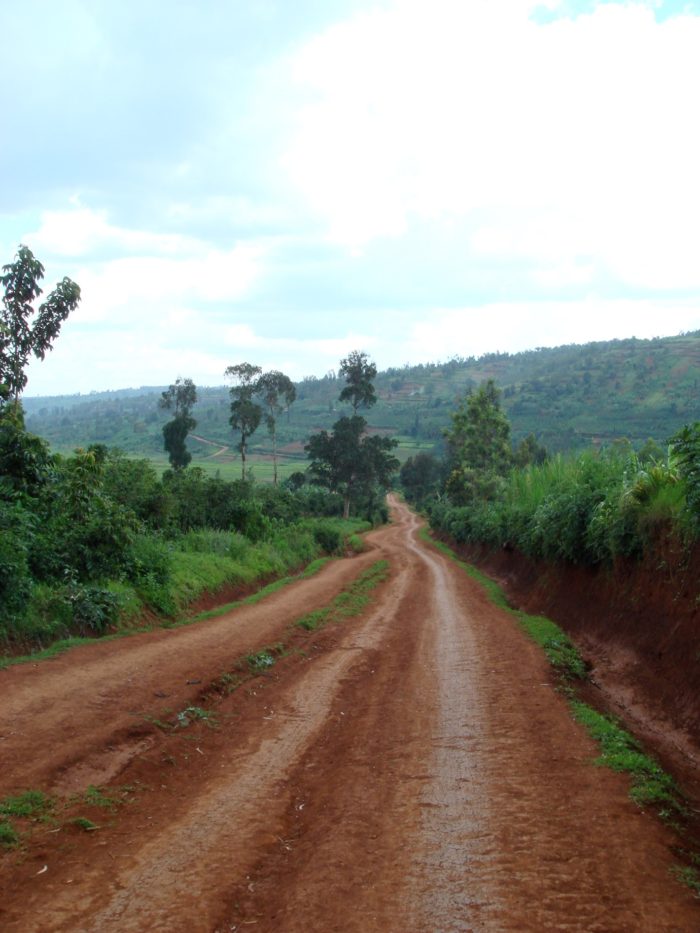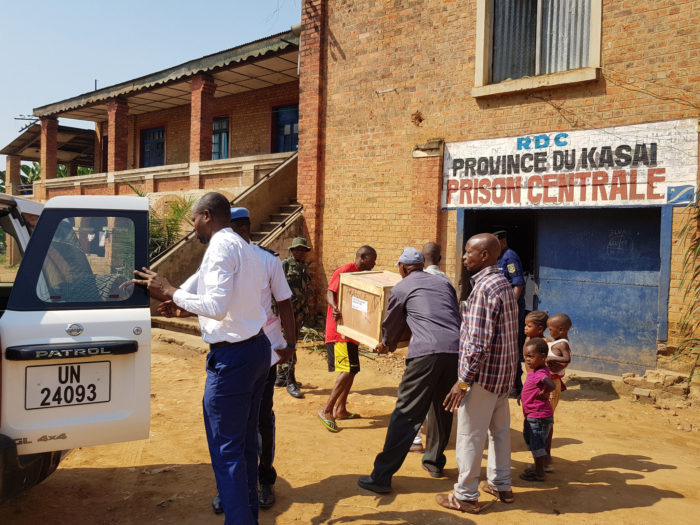As many country situations, especially in Africa, become intractable, those fleeing their home countries require sustainable solutions to their exile. Hosting 26% of the world’s refugee population, Africa renewed its commitment during the 2019 Year for Refugees, Returnees and Internally Displaced Persons, towards ensuring durable solutions for forcibly displaced persons on the Continent. IRRI posits that Pan-Africanism of the 21st century should be informing a reimagining of asylum in Africa, in the light of regional integration, citizenship and related free movement arrangements.
IRRI also believes that for solutions to be durable, sustainable and impactful, they need to be people-centred, contextual and aimed at reaffirming dignity, rights and the agency of refugees. UNHCR recognises three solutions to displacement of a) return, which requires the existence of conditions suitable for such return, as we see with Burundi and other countries below; b) resettlement to a third country which is only attainable by a small minority; and c) local integration, which needs to be bolstered by inclusive policies, aimed at ensuring the self-reliance of refugees, which in turn builds their resilience.
With such an intricate displacement landscape in the Great Lakes Region and across Africa, the topic of return is one that concerns IRRI greatly, and forms an important part of our work on resolving displacement. Return is often controversial and fraught with several complex factors occupying the nebulous space between forceful deportation or refoulement, voluntary repatriation and spontaneous arrival. These factors of return do have a significant impact on integrating previously displaced persons.
While voluntary repatriation is the preferred solution to displacement by regional and international actors, research conducted by IRRI and our partners indicate that, contrary to previous assumptions, returnees rarely come home to political stability or socio-economic security, and return migration can confound local conditions. This is particularly relevant in the Great Lakes Region, where cycles of displacement and return have fuelled conflict and power struggles over many years.
